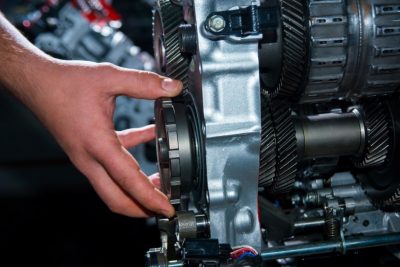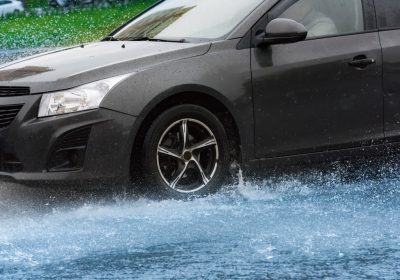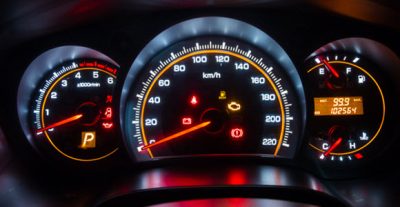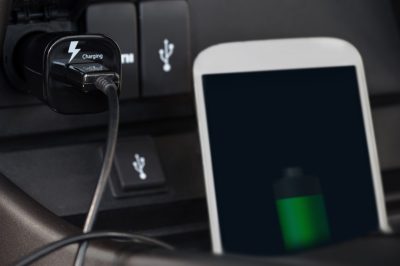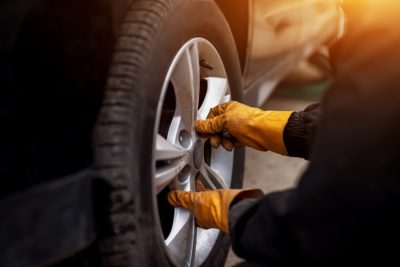 If you are gearing up to hit the road this summer, it’s important to make sure your vehicle is up to the task. Nothing spoils a summertime adventure like a roadside breakdown that leads to more time waiting in the repair shop than exploring the scenery. One crucial consideration is to test your battery. At Millikan Battery and Electric Inc., we check and replace auto batteries in Winter Garden, FL. Whenever you need battery services, our team is here for you.
If you are gearing up to hit the road this summer, it’s important to make sure your vehicle is up to the task. Nothing spoils a summertime adventure like a roadside breakdown that leads to more time waiting in the repair shop than exploring the scenery. One crucial consideration is to test your battery. At Millikan Battery and Electric Inc., we check and replace auto batteries in Winter Garden, FL. Whenever you need battery services, our team is here for you.
In addition to your battery, there are other things you need to check to prepare your car or truck for the open road. By following the guidelines here, you’ll be ready for a safe and comfortable road trip:
- Check Your Tires for Wear and Check the Pressure
- Make Sure Your Brakes Work Properly
- Change Your Oil and Filter
- Top off the Vehicle’s Fluids
- If Necessary, Replace Wiper Blades
- Replace Aging Drive Belts & Radiator Hoses
- Check that the AC Runs Correctly
- Pack an Emergency Kit w/ Flashlight, Batteries, First Aid Supplies, Water, Non-Perishable Foods, Jumper Cables, and Other Supplies
If you have any concerns, make sure you take your vehicle to your local auto repair shop before you start traveling. And if you need a fresh battery, stop by and see us.


